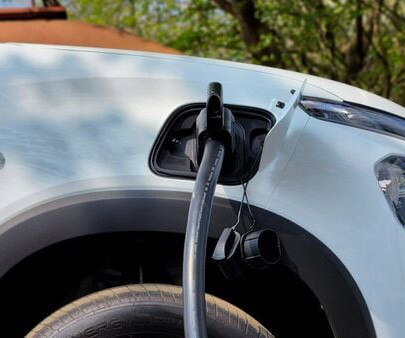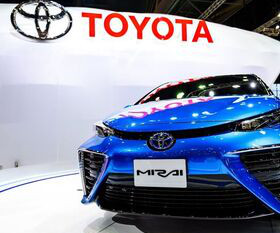Hybrids vs EVs: where should government put its money
Baua Electric
JANUARY 20, 2024
Meanwhile, Toyota and Maruti Suzuki are of the view for more tax cuts on hybrids. --> In a recent letter to the government, Tata Motors has opposed the further tax cuts on hybrids. Meanwhile, Toyota and Maruti Suzuki are of the view for … In a recent letter to the government, Tata Motors has opposed the further tax cuts on hybrids.












Let's personalize your content